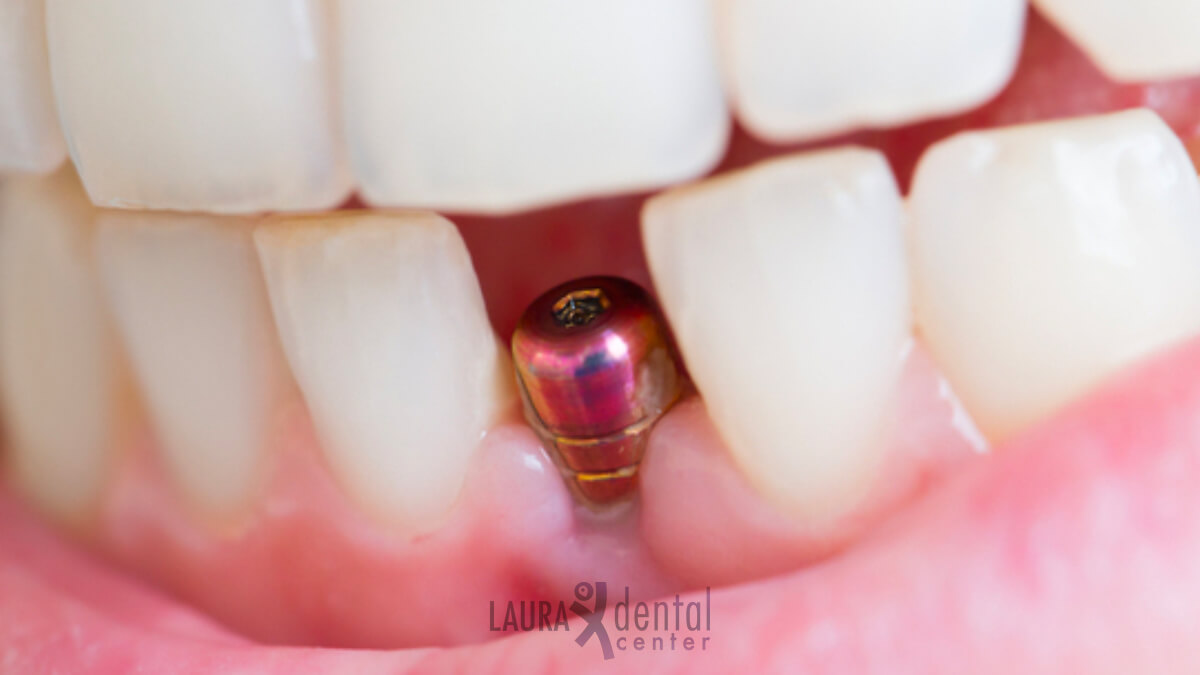The Benefits of Mini Dental Implants

A cutting-edge treatment for those who have lost one or more teeth is the use of little dental implants. They are a more appealing option for dental patients since they have many advantages over conventional implants. We’ll look at the benefits of tiny dental implants and how they differ from conventional implants now.
What Are Mini Dental Implants?
Little titanium screws called mini dental implants, or MDIs, are used to support dental restorations like crowns, bridges, and dentures. In many aspects, they resemble conventional implants, except they are smaller and thinner. Micro implants, which typically have a diameter of less than 3 mm, are frequently utilized in parts of the mouth where conventional implants are inappropriate due to limited bone density.
Advantages of Mini Dental Implants
Compared to conventional dental implants, mini dental implants have a number of benefits. These benefits consist of:
Minimally Invasive Procedure
When compared to standard dental implants, tiny dental implants call for a treatment that is significantly less invasive, which is one of the small implants’ most significant advantages. Because MDIs are smaller and need less drilling, they result in less discomfort and require less time for healing than traditional dental implants.
Shorter Treatment Time
Also, the treatment period for mini implants is significantly less than that of regular implants. In most cases, the process can be finished in a single visit, and the amount of time needed for recovery is typically substantially less. It is possible for patients to have their dental replacement fitted immediately, which eliminates the need for several appointments and shortens the length of treatment.
Improved Stability and Retention
When compared to conventional dentures, mini dental implants provide much higher levels of stability and retention. They offer a sturdy base for the dental restoration as they are anchored directly into the jawbone during the placement process. This enables patients to experience an improvement in their function, such as improved eating and speech, as well as an increase in their confidence when they smile.
Cost-Effective Solution
Comparing mini dental implants to conventional implants, they are a more affordable option. Because they are smaller and use less material, they are frequently less expensive than conventional implants. Also, since the course of therapy is shorter, there are fewer appointments, which helps cut expenditures.
How Mini Dental Implants Differ from Traditional Implants
While mini dental implants and traditional implants share many similarities, there are also some key differences between the two.
Size
Mini dental implants are, as the name implies, smaller than conventional implants. While conventional implants can have a diameter of up to 6mm, they often have a diameter of less than 3mm. Patients with a thin jawbone or those who need a smaller implant should consider mini implants.
Procedure
Mini dental implants are placed by a less intrusive process than conventional implants. Because less drilling is necessary due to the implant’s reduced size, there is less pain and a quicker recovery.
Placement
In parts of the mouth where conventional implants are ineffective, mini dental implants are frequently used. They are the best option for individuals with thin jawbones or those who have had bone loss because they are inserted into the jawbone in a method that maximizes the amount of bone that is still present.
Final Thought
A novel replacement for conventional implants are mini dental implants. They have a number of advantages, such as a minimally invasive technique, speedier recovery, enhanced stability and retention, and affordability. They resemble conventional implants in many ways, but because they are smaller and require less drilling, they are the perfect option for patients with thin jawbones or those who have had bone loss. Ask your dentist about the advantages of tiny dental implants and whether they are the best choice for you if you are missing one or more teeth.
